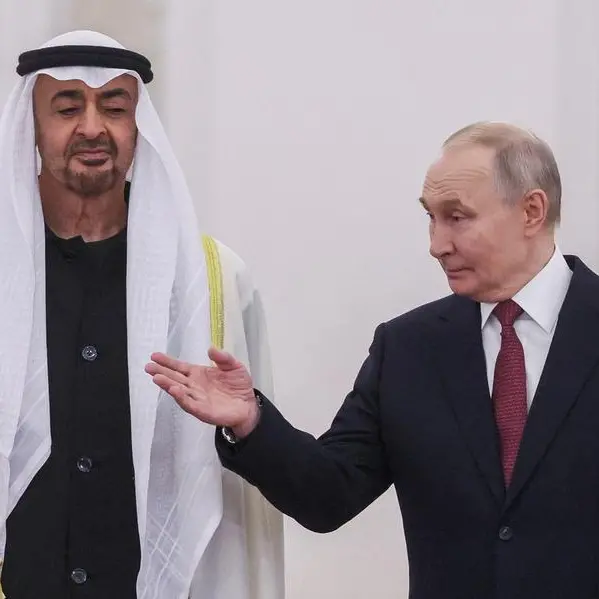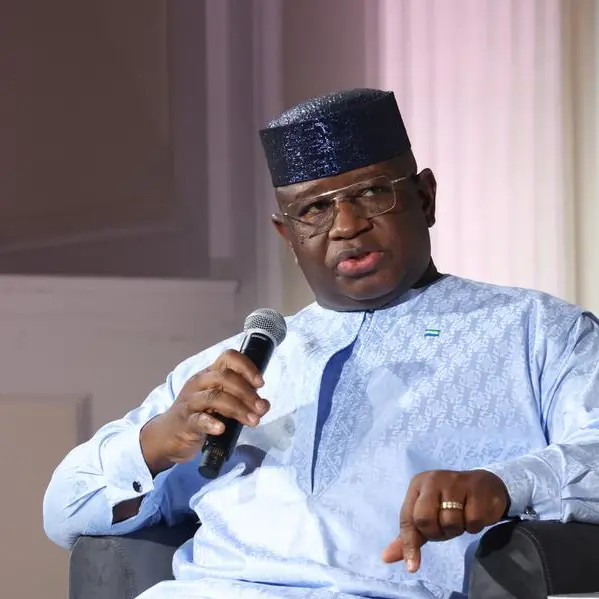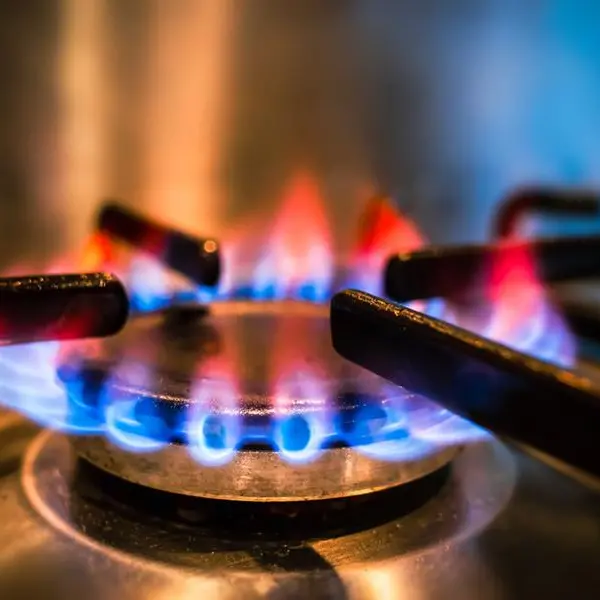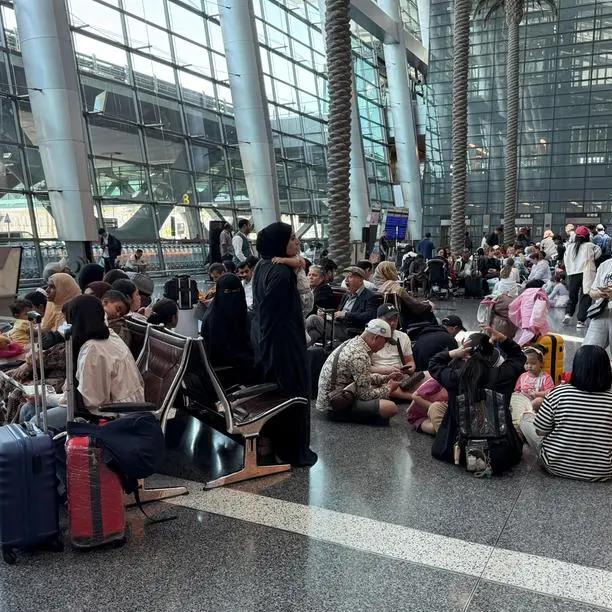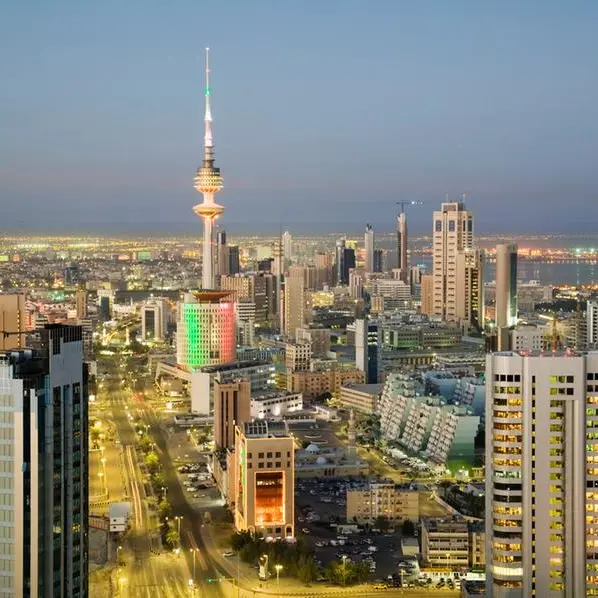* No EU country willing to host "Special Purpose Mechanism"
* Worried that doing so could incur U.S. retribution
* SPV meant to circumvent Trump's oil sanctions on Iran
* Iran is counting on EU support to preserve nuclear deal
By John Irish, Francois Murphy and Robin Emmott
PARIS/VIENNA/BRUSSELS, Nov 14 (Reuters) - A special EuropeanUnion initiative to protect trade with Iran against newlyreimposed U.S. sanctions faces possible collapse with no EUcountry willing to host the operation for fear of provoking U.S.punishment.
EU diplomats said the main European powers - Germany, Franceand Britain - would raise pressure on tiny Luxembourg to hostthe so-called Special Purpose Vehicle (SPV) after Austriarefused to manage the plan and left it on the brink of collapse.
The stakes are high, for Iran has warned it could scrap a2015 accord on curbing its nuclear programme reached with worldpowers, including the big EU trio, if the bloc fails to preservethe deal's economic benefits against U.S. pressure.
The SPV is a kind of clearing house that could be used tohelp match Iranian oil and gas exports against purchases of EUgoods in an effective barter arrangement circumventing U.S.sanctions, based on global use of the dollar for oil sales.
The goal was to have the SPV legally in place by this monththough not operational until next year, but no country hasoffered to host it, six diplomats told Reuters.
The SPV is seen as the lynchpin of European efforts tosalvage the nuclear accord, from which U.S. President DonaldTrump - who took office after the pact was clinched - withdrewin May, calling it flawed in Iran's favour.
Austria has declined a request to play host for the SPV.Belgium and Luxembourg are two other possibilities, but bothhave expressed strong reservations, diplomats said, althoughthey have not commented publicly.
Their reluctance arises from fears that SPV reliance onlocal banks to smooth trade with Iran may incur U.S. penalties,severing the lenders' access to U.S. markets, diplomats said.
"Austria has indeed refused. It's not dead, but it's notgoing in the right direction. We are going to try again withLuxembourg, but we're under no illusions," a European diplomatsaid on Wednesday.
Luxembourg is seen as a good candidate to manage the IranSPV given its experience setting up a similar mechanism duringthe 2009-12 euro zone financial crisis.
Under the 2015 deal, Iran restricted its disputed nuclearprogramme, widely seen in the West as a disguised effort todevelop the means to make atomic bombs, in exchange for an endto international sanctions against it.
IMPLICATIONS
A European failure to salvage the economic spin-offs fromthe deal could strengthen anti-Western hardliners in Iran andspur more aggressive Iranian moves around the Middle East, wherethe Islamic Republic is involved in protracted proxy wars withits main regional rival Saudi Arabia.
Austrian Foreign Ministry spokesman Peter Guschelbauerconfirmed Vienna would not host the entity after studying theimpact with ministries and the central bank.
"At the government level the decision was reached that thereare simply still too many open questions and imponderables withthis SPV," Guschelbauer said.
EU foreign policy chief Federica Mogherini asked severalstates to consider being the headquarters, but diplomats saidthat as the SPV would need to work with local banks, they couldbecome vulnerable to U.S. punishment for sidestepping sanctions.
"No one has come forward at this stage. If we don't have ahost country, we have a very big problem. So much is riding onthis that some way will need for someone to host this. There isa lot of nervousness about what hosting an SPV means," anotherdiplomat told Reuters.
UNDERLYING FEAR OF U.S. RETALIATION
The Trump administration reaffirmed on Tuesday it would nothesitate to target Europeans for sanctions-breaking and said inthe end it believed they would fall into line with Washington.
"I like to compare the attitudes that are changing in Europeto a book written years ago in the U.S. called 'The Six Stagesof Grief'," National Security Adviser John Bolton said. "Itstarts off with denial. Then it ends up at acceptance."
The SPV aims to dodge the global reach of the U.S. financialsystem by using an EU intermediary to handle trade with Iran. Itcould ensure, for example, that Iranian oil bought by Europeanscould be paid for with EU goods and services of the same value.
France, Britain and Germany ruled themselves out as SPVhosts, punting on Austria as a smaller EU state with strongfinancial and banking services.
"Germany and France, as Europe's major economies andstakeholders to JCPOA (2015 nuclear deal), must step up role,"tweeted Ellie Geranmayeh, Senior Policy Fellow Iran at theEuropean Council on Foreign Relations. "Disaster for Europes credibility if this trajectory continues for much longer."
EU diplomats have cautioned, however, that the SPV itselfwould not be enough to preserve all trade with Iran. It wouldinitially be more symbolic than effective, they said.
(Additional reporting by Parisa HafeziEditing by Mark Heinrich) ((john.irish@thomsonreuters.com; 0033-1 49 49 53 42;))
